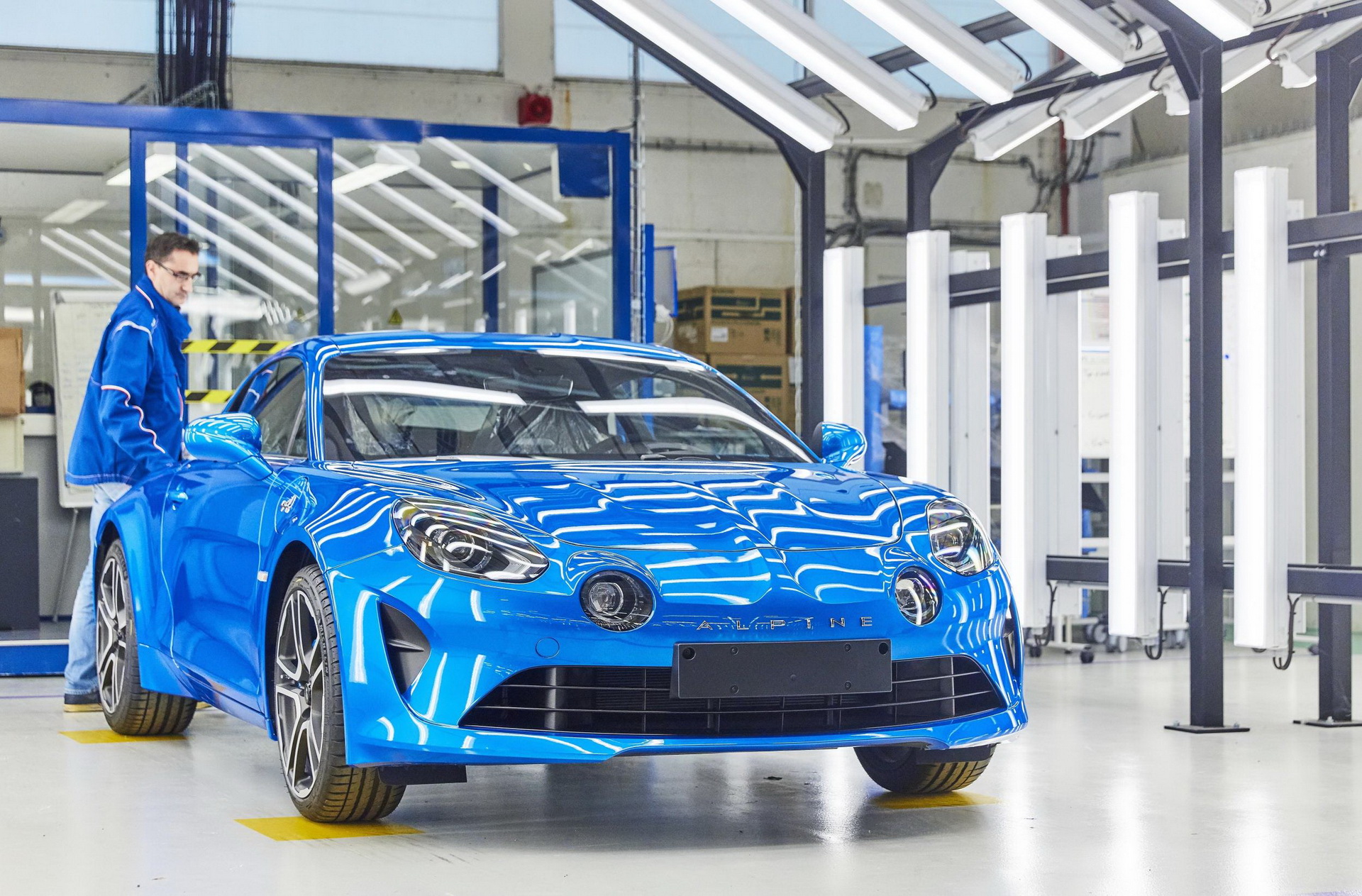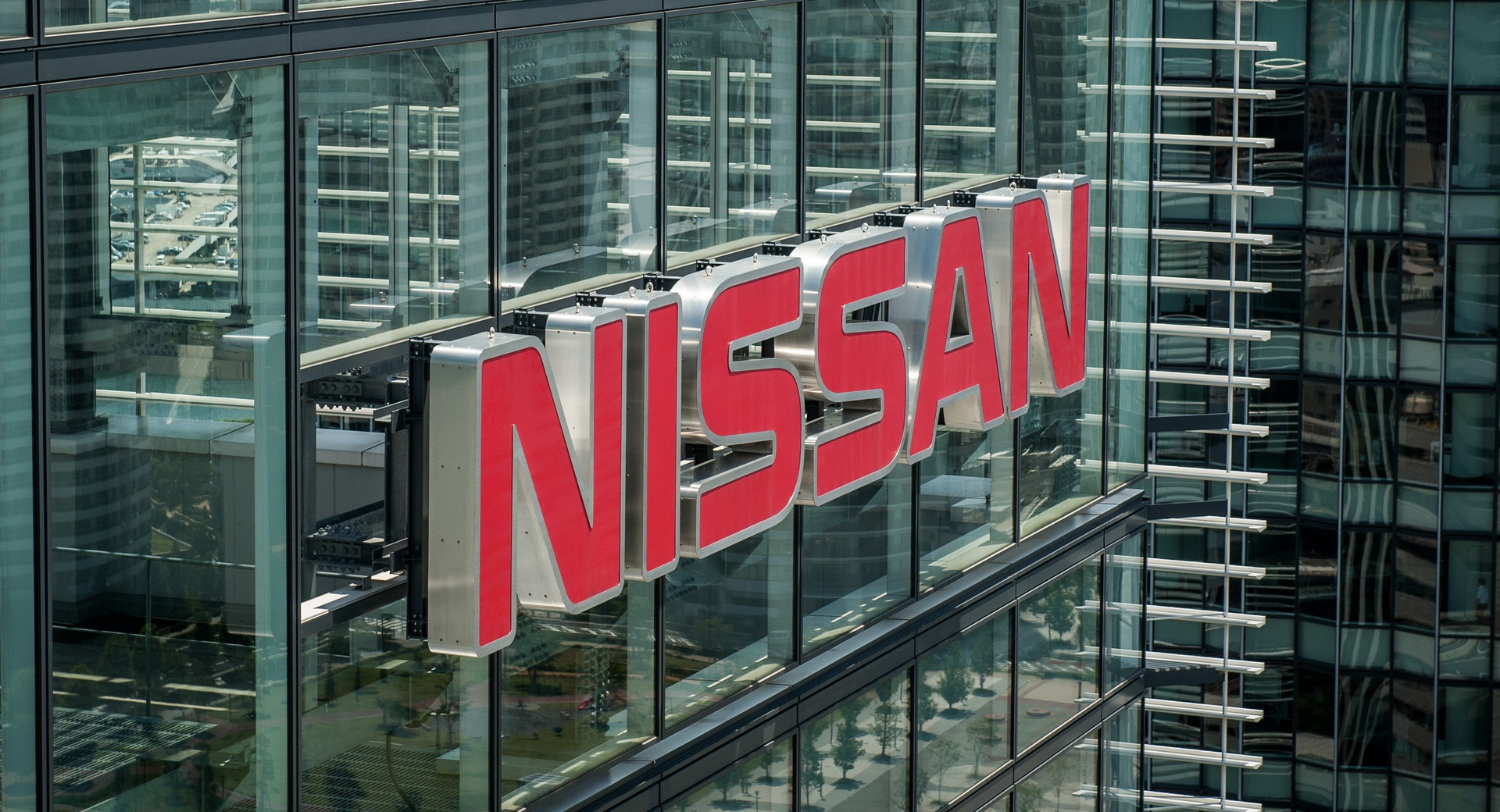Renault and Nissan have ditched any plans for a full merger and will look to instead fix their fractured alliance.
The two car manufacturers will announce mid-term restructuring plans this week that will serve as a peace treaty designed to resolve the long-standing tensions between them.
While previous chief Carlos Ghosn long pushed for a full merger between Nissan and Renault, the Japanese carmaker has never been particularly keen on the idea with executives believing Renault hasn’t been paying its fair share of the engineering work done in Japan.
Five people familiar with plans from Nissan and Renault have told Reuters the two will overhaul and strengthen the alliance in the midst of the coronavirus pandemic.
It is understood that the two car manufacturers are planning significant restructuring and cost cuts which could impact tens of thousands of jobs. In addition, Nissan, Renault, and Mitsubishi will hold a joint news conference on May 27 where they are tipped to outline a new “leader-follower” approach to the alliance.
Read Also: Nissan Looking To Axe 20,000 Jobs Worldwide, Reduce Its Annual Sales Target
Reuters understands the “leader-follower” approach will see one company lead the development of a type of vehicle or technology while the other will follow. This new approach is being advocated for by Nissan chief operating officer Ashwani Gupta and Renault chairman Jean-Dominique Senard.
This will be similar to when Gupta was in charge of Renault and oversaw a project that involved Nissan using Renault’s vehicle architectures as the building blocks for its city delivery vans while Nissan provided the French automaker with technology for pickup trucks.
As part of the new approach, Nissan may take the lead in Europe on SUVs while operating as a “follower” in commercial vans and small city cars developed from versions produced by Renault. As part of this, Nissan’s factory in Sunderland, UK could turn into a hub for the Nissan Qashqai and Juke as well as the Renault Kadjar and Captur.
In the Philippines, Mitsubishi may help produce vehicles for Nissan while the two will build upon their partnership in producing vehicles for Japan’s micro mini car business.





